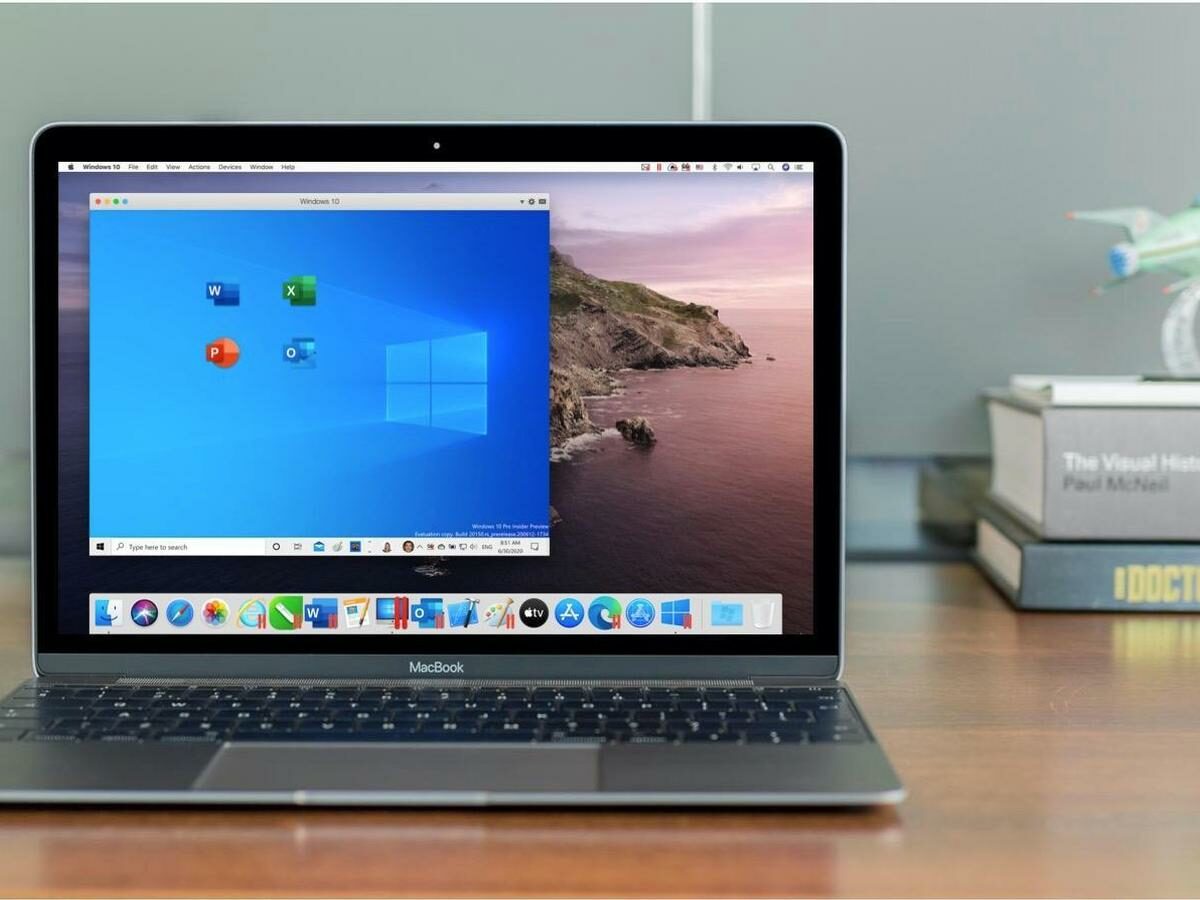What are virtual machines and how do they work?

Virtual machines are increasingly used in the computing sector. And it is that these have an infinity of uses, which makes them very versatile. You probably think that this is something very complex, but the truth is that its concept is extremely simple to understand.
Today we are going to delve a little deeper into what virtual machines are, what they are used for and why they are so important. It is even possible that when you finish reading you will be interested in trying them.
What is a virtual machine?

If you are wondering what virtual machines is, you are in the right place. A virtual machine is no longer a piece of software whose function is to “emulate” an operating system. They do this virtually, that is, without having physical resources as such.
In short, it is having a computer running inside your computer thanks to virtualization software. These operating systems are fully functional and use the same resources as your computer to function.
These can surf the internet, you can run video games or specific programs. This makes them really versatile and useful, especially in the IT sector.
Another thing that is important to mention is that there is not a single type of virtual machines, currently they can be classified into two types. Between these two types we have the process machines and the system machines. Of these two types, the most common is the system type and when you hear about virtual machines, it is very likely that they are referring to these.
To know a little more about what each of them is about, then we are going to explain a little more what each one is.
System virtual machines
When we talk about a virtual system machine, we refer to one that directly simulates a computer. That is, they are those that allow you to run a functional operating system virtually. These virtual machines have resources, often reserved, such as RAM and hard disk. However, at other times they are shared with those on the main computer.
Of course, all these resources, whether reserved or not, are virtual and depend on the host computer. Everything in them is as if it were a common computer. It is even possible to run a virtual machine inside another if you have enough resources.
There are several virtualization software with which it is possible to run one of these instances on your computer. Some of them are free while other options are paid.
Compute virtual machines
The process ones are quite different from the traditional ones and in these, instead of being executed as a "virtual computer", they execute a specific process. These processes can be specific programs running on a different system.
For example, let's say you use a Linux operating system on your computer and you need to run a Windows program like Word. In this case, this virtual machine is responsible for emulating an environment in which you can run that program within Linux.
An example of this type of machine is Wine, which is software that allows you to run Windows applications on Linux. Although they are less ambitious, they work quite well and do what is expected of them.
What are virtual machines for?
There are many uses that can be given to virtual machines, since they serve as a traditional computer. These are run alternately and totally separate from the main system. This means that if an error or failure occurs on the machine, it does not affect the main operating system.
This makes them ideal for testing operating systems, applications, or running any other type of software safely. Generally, they are usually used for this security purpose, however, it is not the only one.
In case you want to use software that works on another system, you can also use virtual machines. You just have to install the operating system in question in the virtual machine and run said program.
Another of the most common uses that we can find in these machines is their use in the web hosting sector. Virtual private servers (VPS) are essentially a virtual machine on a physical server. Generally, a server is usually divided into multiple VPS, this in order to separate users. This way, in the event that one virtual machine fails, the rest will be online.
These machines in turn are divided into many smaller ones that are "shared hosting".
Is it possible to run one of these virtual environments on any computer?
Today it is possible to run one of these environments on practically any computer. The minimum requirements necessary to do so do not represent a problem for current computers.
If you have a computer with at least 4 GB of RAM, you can use virtualization software. Of course, it's going to be a bit limited, but in terms of power, it can be done.
